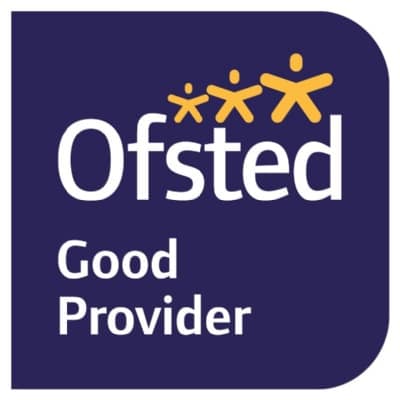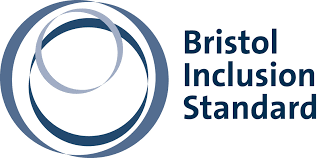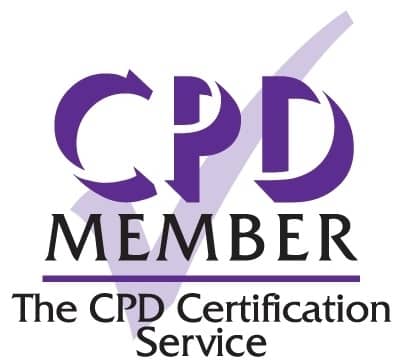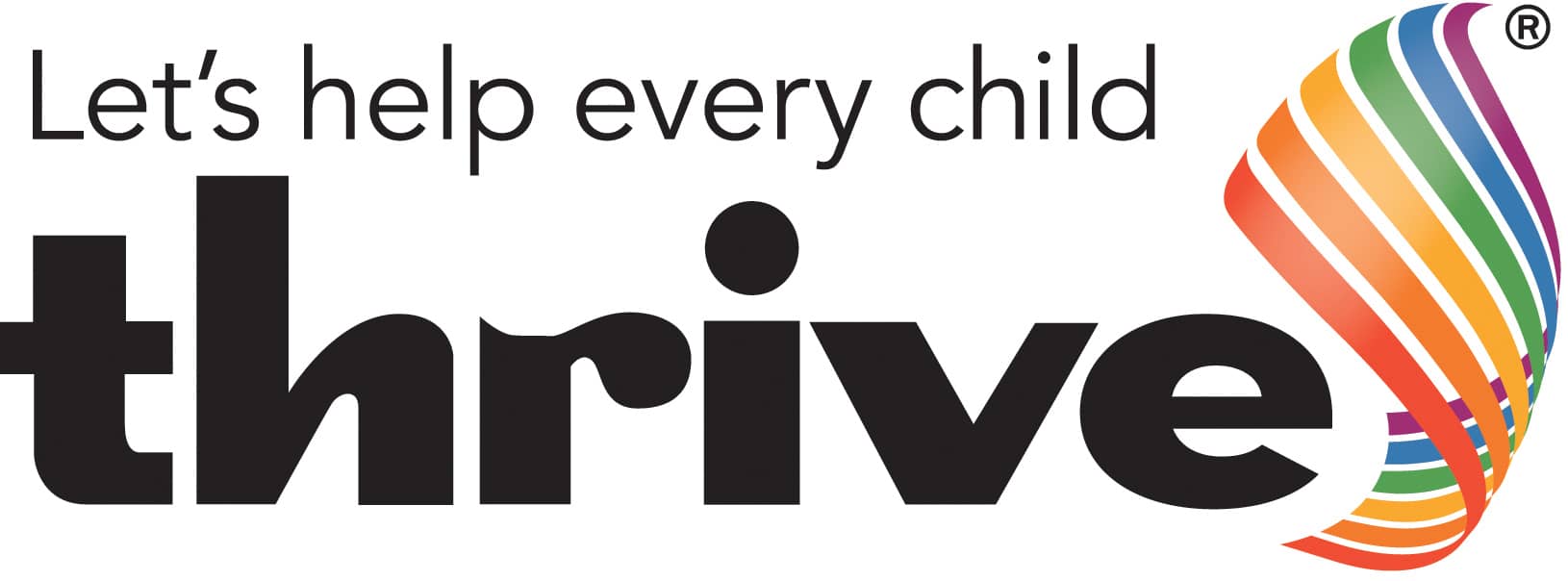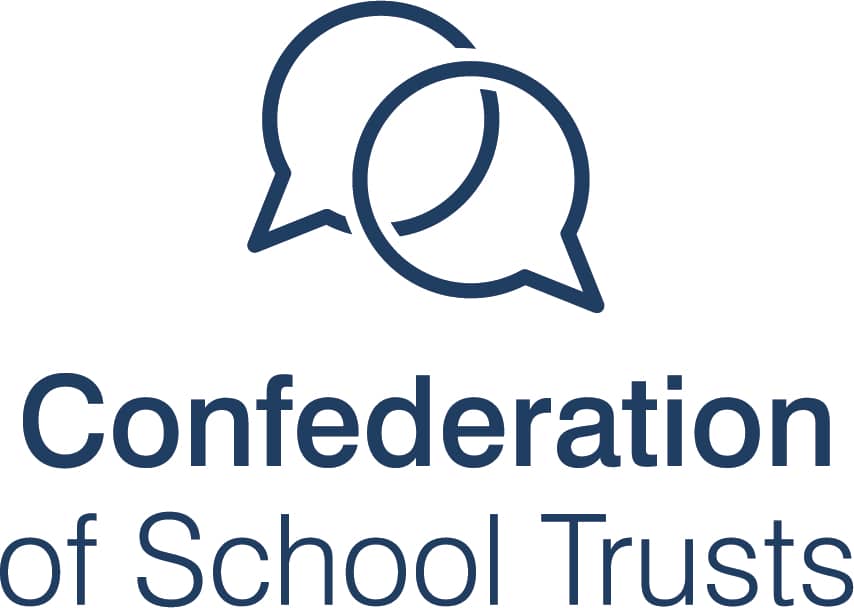English
Our English curriculum aims to develop articulate, confident, and literate individuals who can communicate effectively in both spoken and written forms. We believe that a strong foundation in English is essential for children to access all areas of learning, fostering a love of language and reading that will last a lifetime.
Talk 4 Writing
With Talk 4 Writing, children first learn a text verbally and fully internalise it. This helps children to develop a long-term memory of the language needed for reading and writing. It then gives them the confidence to read and write independently. Children can work independently because they become very familiar with the words they are writing.
The stages of Talk 4 Writing are:
1
‘Cold Write’ – what can I already write without any help?
2
The imitation stage – learning the text by heart.
3
The innovation stage – looking at what changes we can make to the text we now know well. Writing that new text independently.
4
The invention stage or ‘Hot Write’ – what can I now write without any help and is it better than the ‘Cold Write’ I did at the start
This process takes 3 weeks to complete so children will learn many texts over the year. The range of texts covers fiction, non-fiction and poetry.
Working this way helps pupils become more confident when writing in other lessons.
Reading
We want every child to have a love of reading and books. Many children come to our school with a negative view of themselves as readers. We use high quality reading books at the right level for the child. Children read regularly in school and at home and this gives them the skills and confidence to make great progress.
Reading is a key life-long skill. We want our students to be able to read a text out loud, e.g. to sound out the words and say them (phonics). We also teach our students to understand the meaning of what they are reading (comprehension). Each child reads to an adult at least twice a week. We encourage the children to read at home with their parents and carers because we feel reading at home is so important. We award the pupils points for doing this and check reading progress three times a year.
We believe reading is at the heart of learning. Our curriculum nurtures a lifelong love of reading by exposing pupils to a wide range of high-quality texts, including stories, poetry, non-fiction, and diverse literary genres. Through this, they will develop not only comprehension skills but also empathy, imagination, and cultural awareness.
English Curriculum Intent
Developing Communication Skills.
Fostering a Love of Reading.
Embedding Core Literacy Skills.
Cultivating Writing for Purpose.
Promoting Cultural and Emotional Literacy.
Ensuring Inclusivity and Progression.
By the end of Key Stage 2, we expect our pupils to be independent, enthusiastic readers and confident, effective writers, ready for the challenges of secondary education and beyond. Our curriculum is designed not only to meet the National Curriculum requirements but to inspire a lifelong engagement with English, equipping children with the communication skills they need to thrive.
Phonics
Phonics is delivered to children as a strategy to read and write. Phonics breaks (segments) words down into the smallest unit of sound (phoneme). Children are then taught how to recognise these phonemes using the letters (graphemes) before pushing the phonemes back together (blending) to make a word.
At North Star 180˚, we use Little Wandle Letters and Sounds Revisited to deliver phonics to those children who need it. Little Wandle Letters and Sounds Revisited is a government validated Systematic Synthetic Phonics programme.
There are five phases in phonics. In phases 2, 3 and 5 the children learn new phonemes (sounds) every day. Phase 1 covers the foundation of phonics, early listening and sound discrimination skills, whilst phase 4 consolidates the previous learning.
How is it delivered?
On entry to North Star 180˚, we assess whether a child is still in need of phonics lessons. If they are, we assess them using the Little Wandle phonics assessment.
The Reading Leader (Phonics Lead) will then place the child in the correct phonics group. It is important that all children are working at their phonic level and learn the phonemes and tricky words in the correct order. Phonics lessons are taught daily and last between 10 and 20 minutes, depending on the level. At the end of every term, the children are assessed in the level they have been learning to assess progress and to inform next steps.
Reading Books
In line with the latest OFSTED guidance, no child will have a reading book containing phonemes and graphemes (letters) above their phonic knowledge. Little Wandle has their own reading scheme. Every child doing phonics will receive a Little Wandle reading book that is aligned to the phase they are currently on.
Phase 1
During phase 1 & 2, your child will receive a Grey Level reading books. These books have no words in them. However, you should encourage your child to tell a story using the pictures in the books.
Phase 2
During phase 1 & 2, your child will receive a Grey Level reading books. These books have no words in them. However, you should encourage your child to tell a story using the pictures in the books.
Phase 3.1
Whilst your child is in this phase they will receive a Pink Level reading book.
Phase 3.2
Whilst your child is in this phase they will receive a Red Level reading book.
Phase 5.1
Whilst your child is in this phase they will receive a Yellow Level reading book.
Phase 5.2
Whilst your child is in this phase they will receive a Blue Level reading book.
After this, pupil’s reading level will be checked regularly and children will continue to move through banded reading levels.
Parent Page
Little Wandle has a parent page that can be accessed here: https://www.littlewandlelettersandsounds.org.uk/resources/for-parents/
This page includes useful videos on the following
1. The phonemes taught and how they are pronounced
2. How to support with blending (reading) and segmenting (writing) words
3. How to support with reading
Please note, phonics programmes are written for reception and year 1 children, if your child is doing phonics at North Star 180 it is to help them fill gaps in their prior learning. We take every care to ensure that there is no mention of ‘reception’ or ‘year 1’ on their work. Please talk to your child’s class teacher about where they are in their phonics education. A list of phonemes learnt that week will also be written in their home school books.


